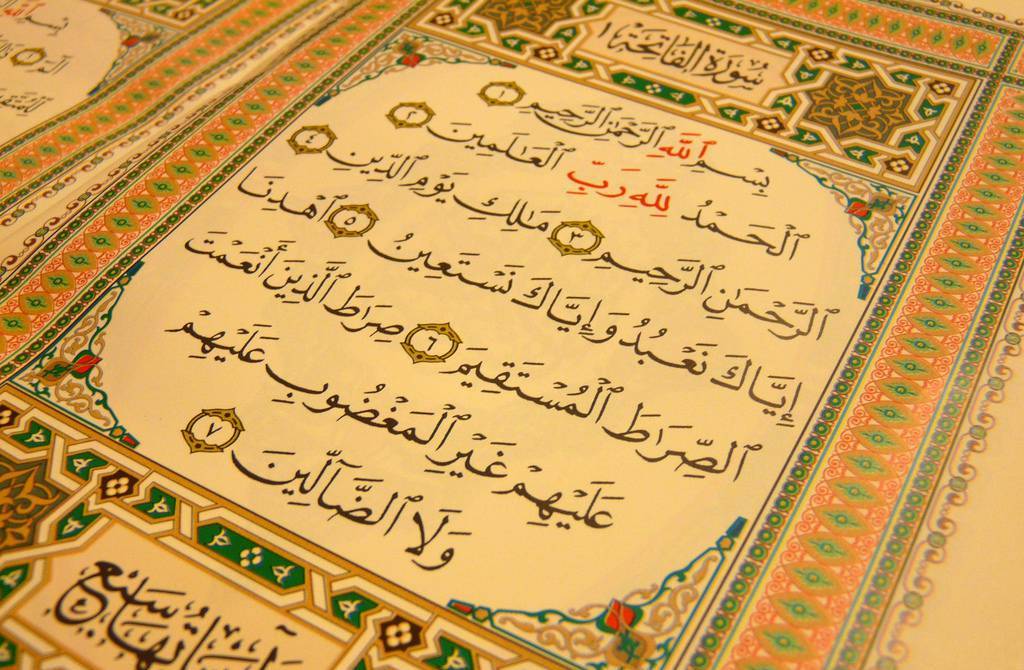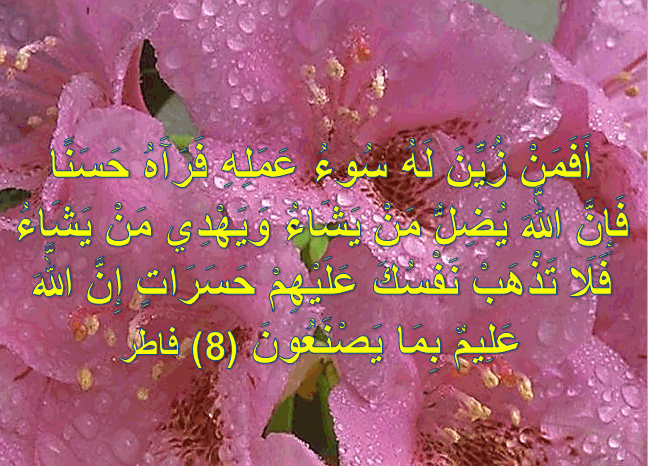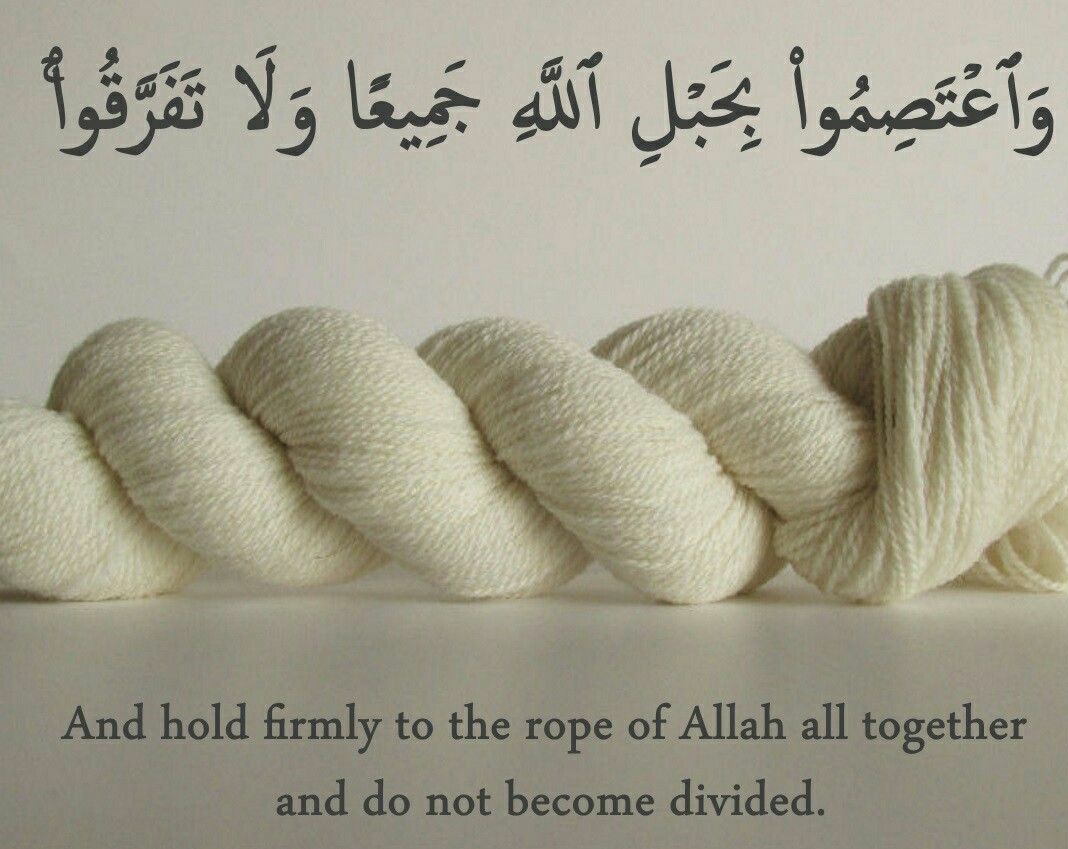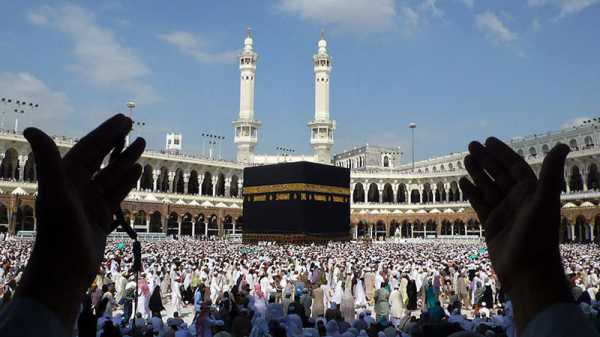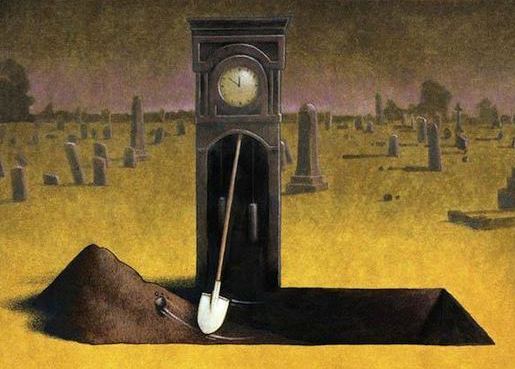بِسْمِ اللهِ الرَّحْمٰنِ الرَّحِيْمِ
Surat Al Fatihah is the greatest surah in the Qur’an (as mentioned by the prophet (ﷺ); one which we recite many times throughout the day in salah yet many of us barely understand what we are saying in these ayahs. Let us explore the only surah which Allah commented on in the Qur’an:
“And We have certainly given you, [O Muhammad], seven of the highly praised [verses] and the great Qur’an.”
[15:87]
The Fatiha works as the lens of the Qur’an – meaning we look at the rest of Allah’s word through the Fatihah; it pairs with all surahs.
Firstly, we know from the hadith Qudsi that Surah Al Fatiha begins with “alhamdulillahi rebi al ‘alameen” and not with “bismillahi al rahmani al raheem”. The prophet (ﷺ) said:
“Allah Almighty said: I have divided prayer between myself and my servant into two halves, and my servant shall have what he has asked for.
When the servant says ‘all praise is due to Allah the Lord of the worlds,’ Allah says: My servant has praised me.
When he says ‘the Gracious, the Merciful,’ Allah says: My servant has exalted me.
When he says ‘the Master of the Day of Judgment,’ Allah says: My servant has glorified me and my servant has submitted to me.
When he says ‘you alone we worship, you alone we ask for help,’ Allah says: This is between me and my servant, and my servant will have what he has asked for.
When he says ‘guide us to the straight path, the path of those whom you have favoured, not those who went astray,’ Allah says: This is for my servant, and my servant will have what he has asked for.”
From this scholars can derive that the surah begins from that Ayah.
الْحَمْدُ لِلَّهِ رَبِّ الْعَالَمِينَ
Praise and thanks belongs to Allah
Alhamdu lillahi rabbi al ‘alameen
Many translations mention only “praise” belongs to Allah yet this is a mistake seeing as the Arabic word for praise is “madh” (مدح). Allah here uses “hamd” (حمد) specifically to combine both praise and thanks which is “shukr” in Arabic (شكر).
He could have easily used both words in Arabic saying “al madhu wa al shukru lillahi” (الحمد و الشكر لله). However, Allah chose the combined word (alhamd) which means both – this is because in Arabic when two things are separated with “and” (و) it also separates the meaning.
Allah wanted us to be thankful and to praise him at the same time as they are not one and the same.
Moving to “rabbi al’alameen”, Allah here is announcing himself as the owner of the worlds. After introducing His name to us, Allah chooses one of His many attributes to associate with His name “Allah” and that is “Rab”. The attribute rab is broken down into many different attributes:
- Malik: the owner.
- Murabi: one who ensures the growth; someone who takes care of something so that it can grow.
- Mun’im: the one who is giving something gifts/blessings.
- Al Kayim: the one who makes sure His creation stays together and does not fall apart.
- A’sayid: the one who has full authority.
To sum this up Allah is the owner thus making us His property. He takes care of us as we grow; gives us gifts such as sight and hearing; makes sure we stay together – imagine if Allah were to stop taking care of our hearts that are beating in our chests even for a second we will be dead; and He has full authority to do whatever he pleases with us. This is “Rab” and it is the relationship that Allah chose to associate Himself with us first before any other.
الرَّحْمَٰنِ الرَّحِيمِ
The Entirely Merciful, the Especially Merciful,
Arrahmani arraheem
These two words may seem to mean the same thing but they both have different contexts. They both translate to ” merciful”, however the first word “A’rahman” is in the context of the present time. Allah is presenting His mercy upon mankind in the dunya. “A’rahman” is a name He associated Himself with not a description; which means that His mercy is unparalleled – we as humans cannot ever understand the extent of this.
“A’raheem” was broken down by scholars as meaning: merciful in the hereafter. This is to show Allah’s mercy throughout our entire lives here in this world and in the next.
However, the next ayah in this surah reminds us of our place with Allah:
مَالِكِ يَوْمِ الدِّين
Sovereign of the Day of Recompense.
Maliki yawmi addeen
After mentioning Allah’s mercy, He reminds us that the day of judgement is coming and that He is the master of that day. This ayah is for the people who try to take advantage of Allah’s love and mercy.
These people will sin without thinking about it, telling themselves and others “but Allah’s the most merciful, he will forgive me”. This ayah puts us all in check – Allah’s love maybe upon us but so is His justice. He is the owner of that day and none other than Him will have any control.
There’s a perfect balance here between Allah’s mercy and justice; on one hand He is the entirely merciful and on the other He is the ultimate judge on the day of recompense.
These first 3 ayat are a complete introduction to Allah – everything we need to know about Him. When someone asks who our God is in Islam, these 3 ayat are enough to cover everything about Allah.
- First thing He tells humanity is that He deserves praise and thanks.
- Second thing is that He is our master.
- Third thing He mentions is that He is not like any other master – He has extreme love and mercy for His slaves.
- The last thing is that He will deal justly with those who take advantage.
In the next part we will cover the second half of the surah insha’Allah. Let us try remember the meanings of these ayahs during salah.
Allah knows best.
